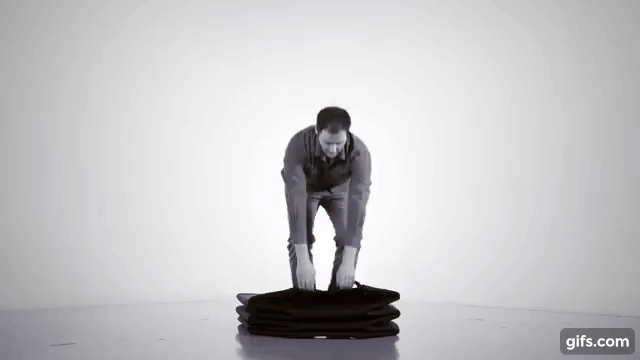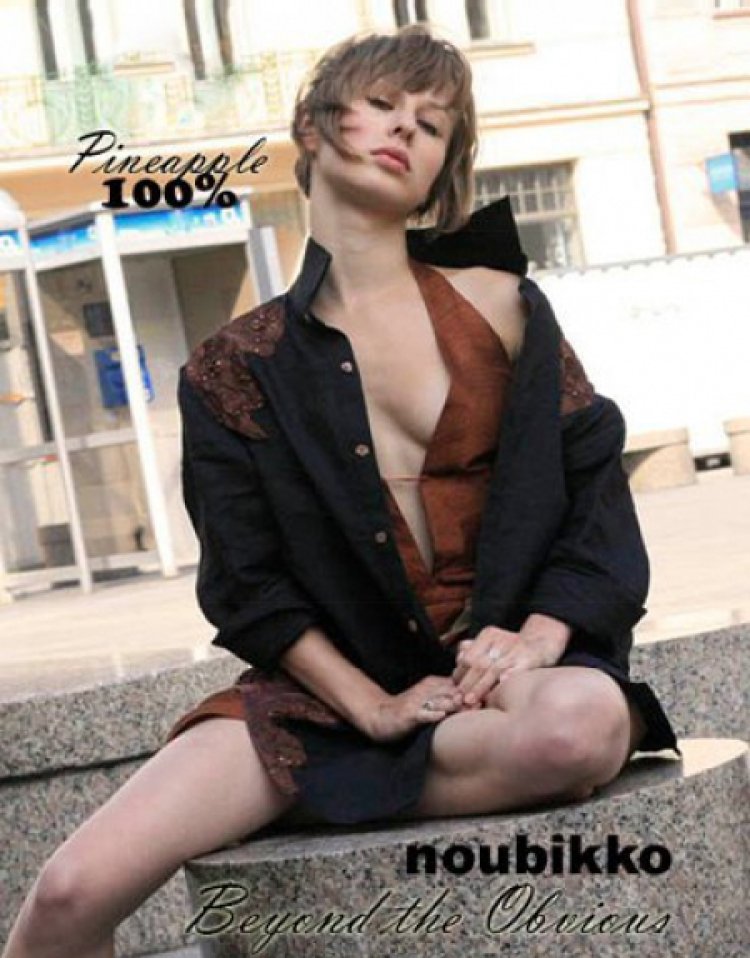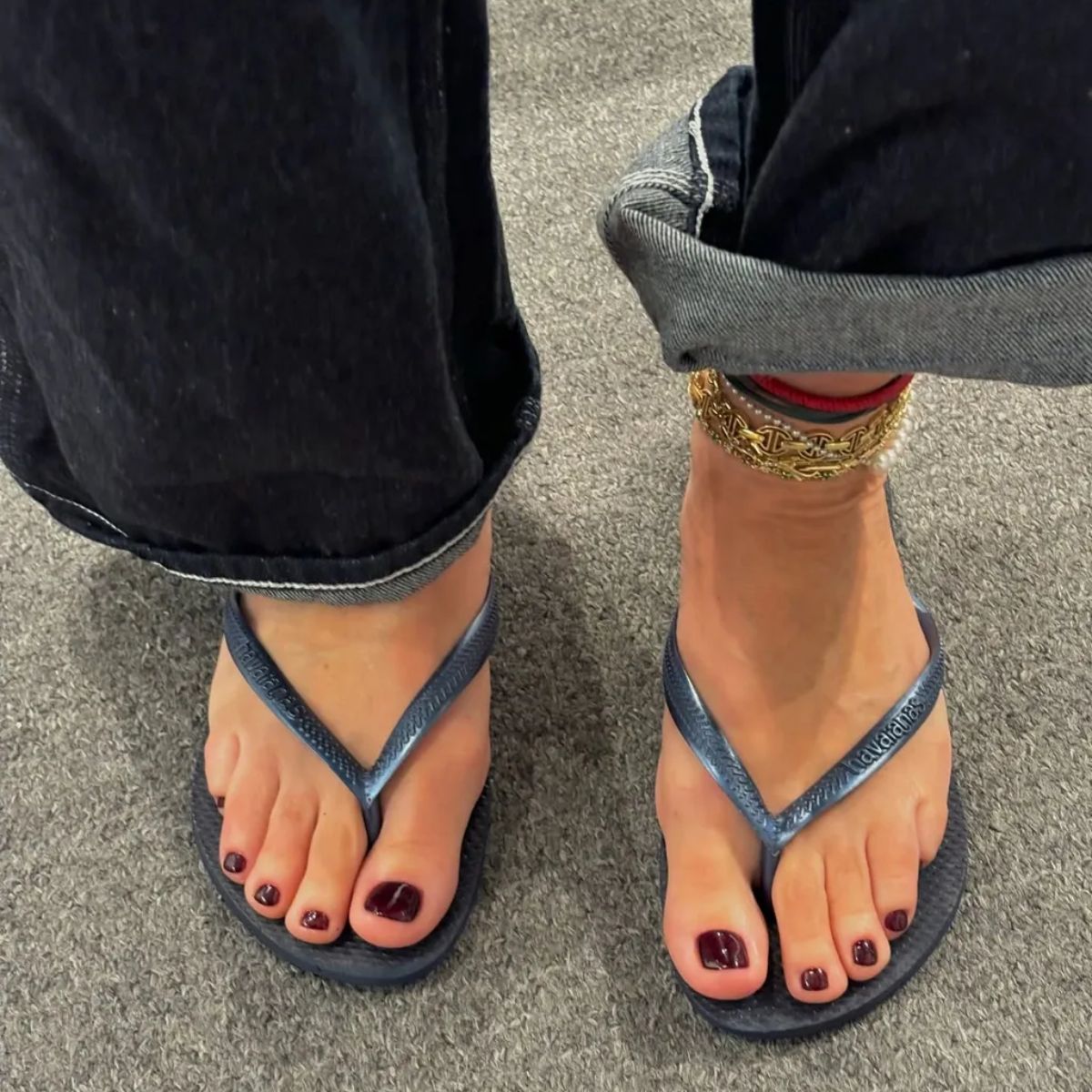"The Morning Show"'s Karen Pittman Would Love to Just Act, but the System Is Broken
Image Source: Getty / Emma McIntyre In season three of "The Morning Show," a race scandal rocks UBA, the broadcast network that serves as the show's backdrop. The storyline sees Karen Pittman's Mia and Greta Lee's Stella strikingly depict the realities of women of color in largely white, corporate spaces like network television. "That's me and Greta actually, in a real way," Pittman tells POPSUGAR after speaking at the 2024 Makers Conference on Feb. 28. Through characters like Mia and Nya on "And Just Like That...," Pittman brings incredible nuance to her portrayal of strong Black women who navigate their race in their respective environments, which she opened up about in conversation with "Succession" actor J. Smith-Cameron. The two spoke at the three-day summit hosted by Makers, a community-focused media brand owned by Yahoo that's focused on accelerating equity for women in the workplace. "I pride myself on having characters that don't resemble me as an actor." For Pittman, identity-driven storytelling is inherently intentional. "I think the storytellers and writers are always looking for ways to imbue your personal, authentic perspective, whatever you have been through in your life," she says. But for the actor and activist, that authenticity is less about sharing her lived experiences and more about bringing complex emotions to her characters. "I pride myself on having characters that don't resemble me as an actor," she explains. "I don't see any of myself in Mia, and I hope to never see any of myself." Related: Planned Parenthood's Alexis McGill Johnson on How You Can Fight For Reproductive Freedoms Image Source: Everett Collection Instead, she "influences the storytelling" by ensuring there's depth to her characters. "I remind [writers], 'Let's make sure we show the heart of this character instead of just showing she's a strong woman.' That can end up being a trope," she says. She likes to create characters through their "emotional landscape" in particular. "Knowing what the heart of that woman is and being able to convey that to the camera visually is really where I feel like the greatest influence I have as an actor in any story. That is what makes an audience connect." With a high-powered, independent TV producer like Mia, she's focused on channeling vulnerability, a quality not often associated with Black women on screen. "The writers of ['The Morning Show'] are always hoping to reflect back the strength and the nimbleness of African American women," she says. "Sometimes that can be one-sided, so I'm always trying to infuse moments of fragility, softness, tenderness, and suppleness of what it means to be a woman in that job, in the same ways that you might see a white woman in those jobs." Image Source: Max When it comes to Nya, Miranda's professor-turned-friend on "And Just Like That...," it was important to Pittman - and creator Michael Patrick King - that she wear her hair in braids. As she puts it, "I think it is important to reflect, especially on that platform, what it is to have an African American woman who completely accepts her naturalness, who isn't trying to change or look different, who is embodying this construct of Blackness completely, and has decided that she's going to live in a place of love and education - and to share that intelligence on the show." Pittman also understands that Nya's friendship with Miranda allows the opportunity to show viewers what it looks like for a woman of color to build a relationship with a white woman who may not know any other WOC. That's especially impactful in a series with so much fanfare and generational popularity. But while she's able to start conversations about her characters in some ways, she also acknowledges the challenges that come with being a Black woman in the acting world. In her conversation with Smith-Cameron, Pittman shed light on Hollywood's cultural reckoning in response to George Floyd's murder by police in 2020. While there was an initial shift in the industry, she believes it's since reverted back to the status quo. "My white colleagues don't have to have these conversations." "People are forgetful," she tells POPSUGAR. "People forget, and as an actor, you don't want to always have your finger on the pulse of culture trying to teach them or remind them, 'Hey, we need to pump some life into this.' My white colleagues don't have to have these conversations." As with women of color in any field, she'd like to solely focus on the job at hand: acting. "I would love to go into an experience where the only thing that I'm called to do is to bring the full breadth of my craft and not have to concern myself with anything else," she says. But, as she reminds us, this is the reality for any othered person in our society. As Pittman underscored in her conversation with Smith-Cameron, "the system is broken," and
:quality(85):upscale()/2024/02/29/046/n/1922283/0f67e0ed65e11c0da67f58.90247782_.jpg)

Image Source: Getty / Emma McIntyre
In season three of "The Morning Show," a race scandal rocks UBA, the broadcast network that serves as the show's backdrop. The storyline sees Karen Pittman's Mia and Greta Lee's Stella strikingly depict the realities of women of color in largely white, corporate spaces like network television. "That's me and Greta actually, in a real way," Pittman tells POPSUGAR after speaking at the 2024 Makers Conference on Feb. 28.
Through characters like Mia and Nya on "And Just Like That...," Pittman brings incredible nuance to her portrayal of strong Black women who navigate their race in their respective environments, which she opened up about in conversation with "Succession" actor J. Smith-Cameron. The two spoke at the three-day summit hosted by Makers, a community-focused media brand owned by Yahoo that's focused on accelerating equity for women in the workplace.
"I pride myself on having characters that don't resemble me as an actor."
For Pittman, identity-driven storytelling is inherently intentional. "I think the storytellers and writers are always looking for ways to imbue your personal, authentic perspective, whatever you have been through in your life," she says. But for the actor and activist, that authenticity is less about sharing her lived experiences and more about bringing complex emotions to her characters. "I pride myself on having characters that don't resemble me as an actor," she explains. "I don't see any of myself in Mia, and I hope to never see any of myself."
Image Source: Everett Collection
Instead, she "influences the storytelling" by ensuring there's depth to her characters. "I remind [writers], 'Let's make sure we show the heart of this character instead of just showing she's a strong woman.' That can end up being a trope," she says. She likes to create characters through their "emotional landscape" in particular. "Knowing what the heart of that woman is and being able to convey that to the camera visually is really where I feel like the greatest influence I have as an actor in any story. That is what makes an audience connect."
With a high-powered, independent TV producer like Mia, she's focused on channeling vulnerability, a quality not often associated with Black women on screen. "The writers of ['The Morning Show'] are always hoping to reflect back the strength and the nimbleness of African American women," she says. "Sometimes that can be one-sided, so I'm always trying to infuse moments of fragility, softness, tenderness, and suppleness of what it means to be a woman in that job, in the same ways that you might see a white woman in those jobs."
Image Source: Max
When it comes to Nya, Miranda's professor-turned-friend on "And Just Like That...," it was important to Pittman - and creator Michael Patrick King - that she wear her hair in braids. As she puts it, "I think it is important to reflect, especially on that platform, what it is to have an African American woman who completely accepts her naturalness, who isn't trying to change or look different, who is embodying this construct of Blackness completely, and has decided that she's going to live in a place of love and education - and to share that intelligence on the show." Pittman also understands that Nya's friendship with Miranda allows the opportunity to show viewers what it looks like for a woman of color to build a relationship with a white woman who may not know any other WOC. That's especially impactful in a series with so much fanfare and generational popularity.
But while she's able to start conversations about her characters in some ways, she also acknowledges the challenges that come with being a Black woman in the acting world. In her conversation with Smith-Cameron, Pittman shed light on Hollywood's cultural reckoning in response to George Floyd's murder by police in 2020. While there was an initial shift in the industry, she believes it's since reverted back to the status quo.
"My white colleagues don't have to have these conversations."
"People are forgetful," she tells POPSUGAR. "People forget, and as an actor, you don't want to always have your finger on the pulse of culture trying to teach them or remind them, 'Hey, we need to pump some life into this.' My white colleagues don't have to have these conversations."
As with women of color in any field, she'd like to solely focus on the job at hand: acting. "I would love to go into an experience where the only thing that I'm called to do is to bring the full breadth of my craft and not have to concern myself with anything else," she says. But, as she reminds us, this is the reality for any othered person in our society.
As Pittman underscored in her conversation with Smith-Cameron, "the system is broken," and she knows it'll take time for the industry to progress. But what she can do is collaborate with allies to advocate for the stories and characters they feel are important. "I want to be a human that builds coalition, that keeps common ground," she tells POPSUGAR. "One of the reasons I love portraying these characters is because they have their hand out for connection; they are reflecting back to the culture. There is space for all of us. Certainly in my career, as a mother, as a human being, that is the way I am in the world."
She's also hopeful for change. "If you're an actor or if you're an artist, you are an optimist and an activist," she says. "And if you're an activist or an optimist, you believe that humanity can do something different."
Yerin Kim is the features editor at POPSUGAR, where she helps shape the vision for special features and packages across the network. A graduate of Syracuse University's Newhouse School, she has over five years of experience in the pop culture and women's lifestyle spaces. She's passionate about spreading cultural sensitivity through the lenses of lifestyle, entertainment, and style.


















.jpg)



